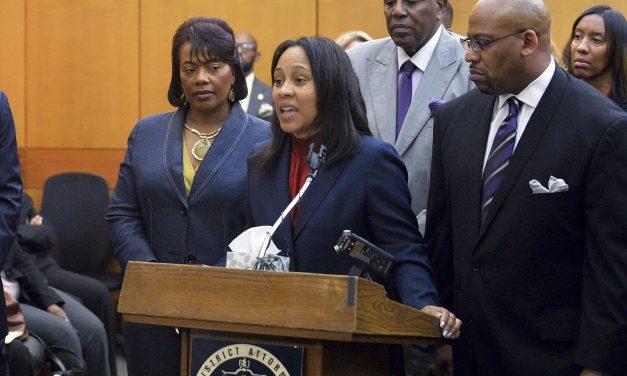Missing the mark: Why oddball rebranding is hardly unusual for a big tech company
By Matthew Pittman, Assistant Professor of Advertising and Public Relations, University of Tennessee Twitter has swapped the fluffy bird that used to symbolize the social media platform for a spindly black X. Ditching the company’s well-known logo and changing its name to a letter often associated with danger, death and the unknown is only the latest user-aggravating step CEO Elon Musk has taken since he bought Twitter in October 2022 for US$44 billion. But it is the most visually jarring one. The reaction has mainly been a mix of ambivalence, ridicule and scorn. For the most part, longtime Twitter...
Read More














